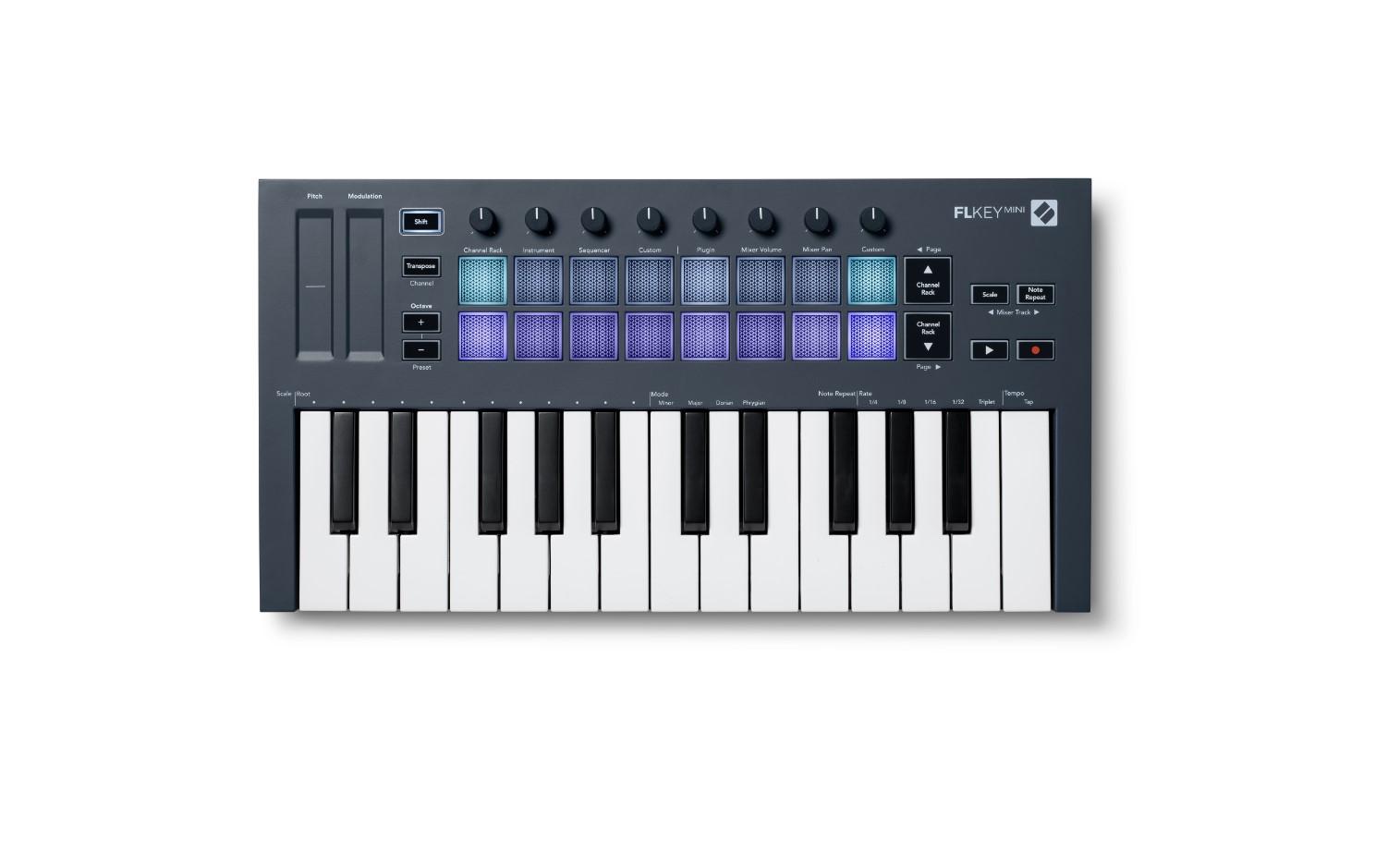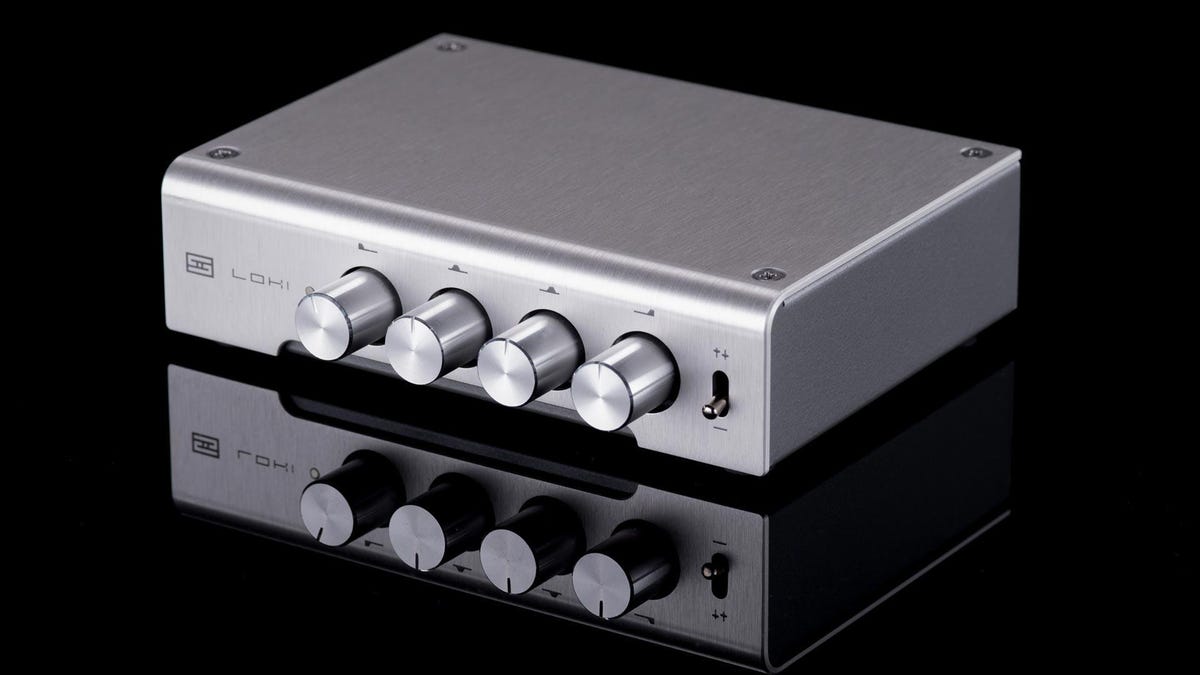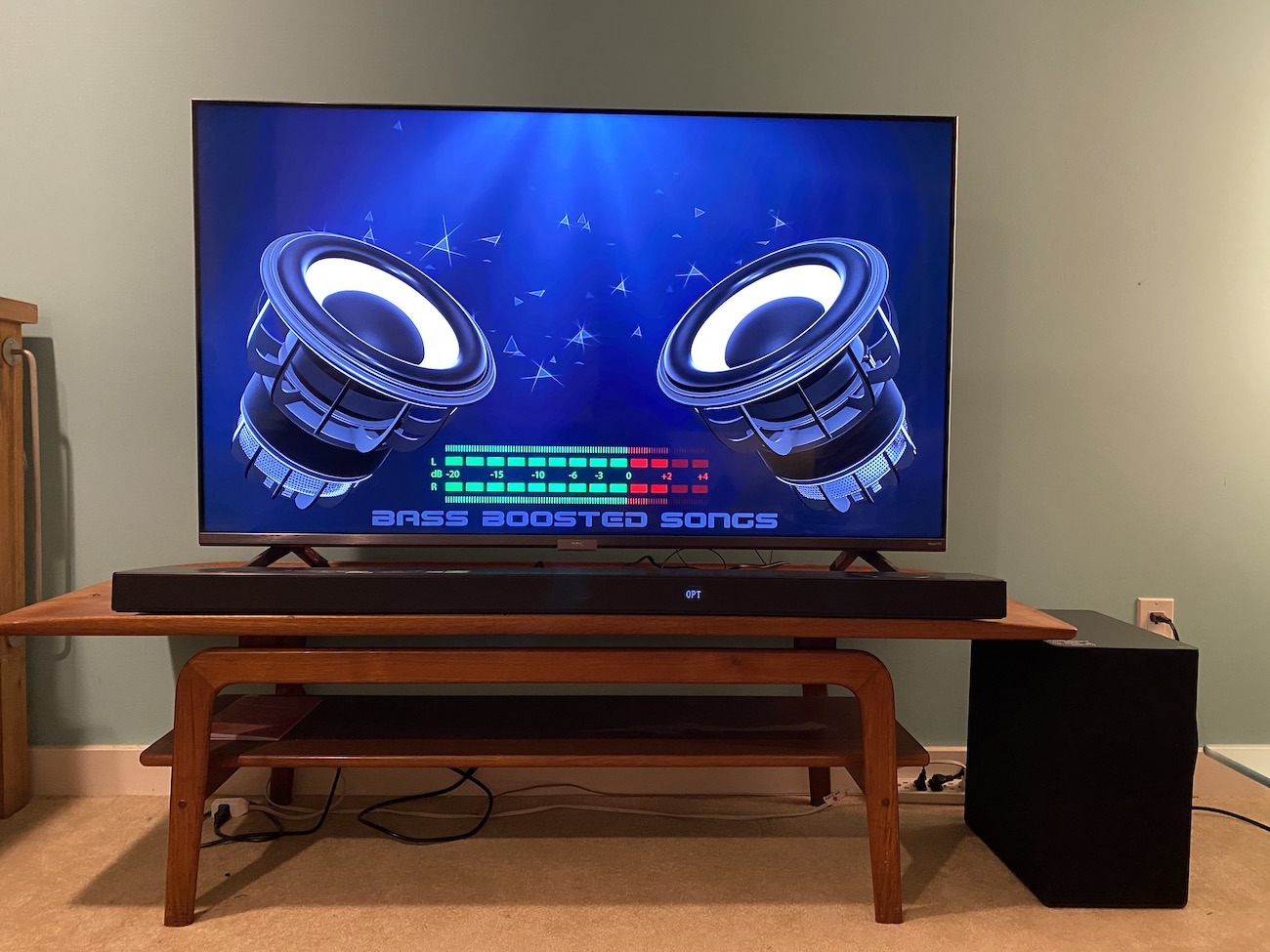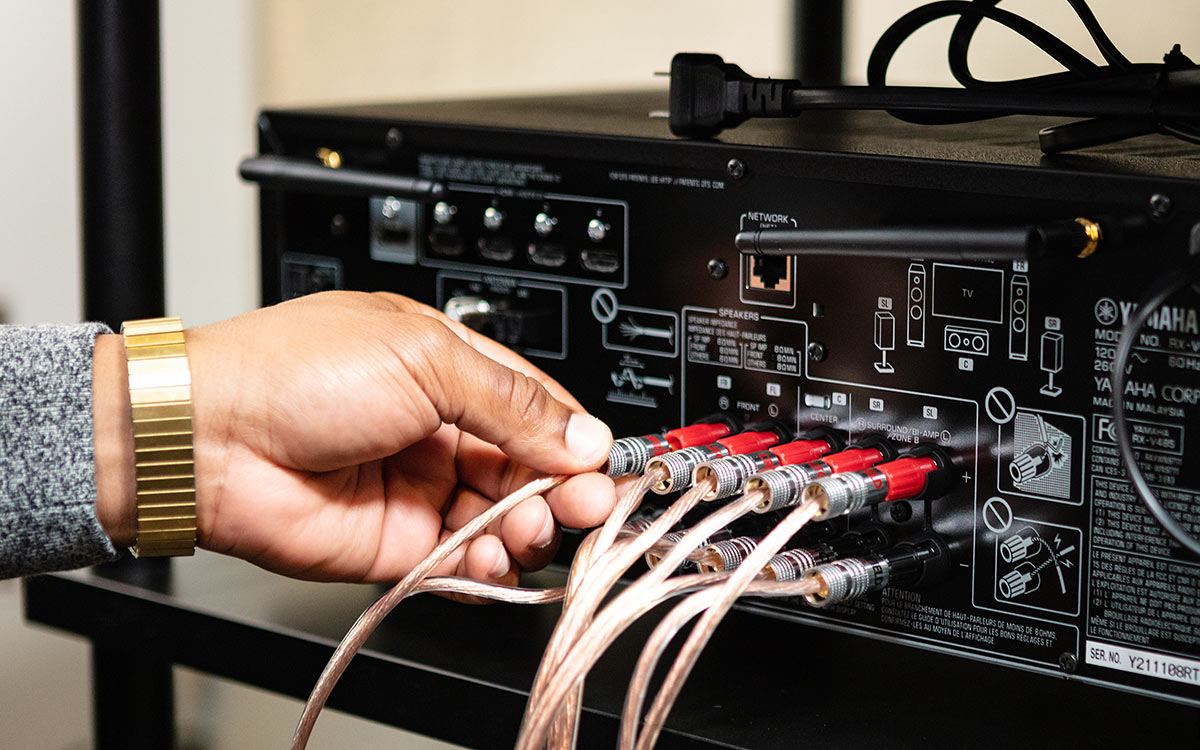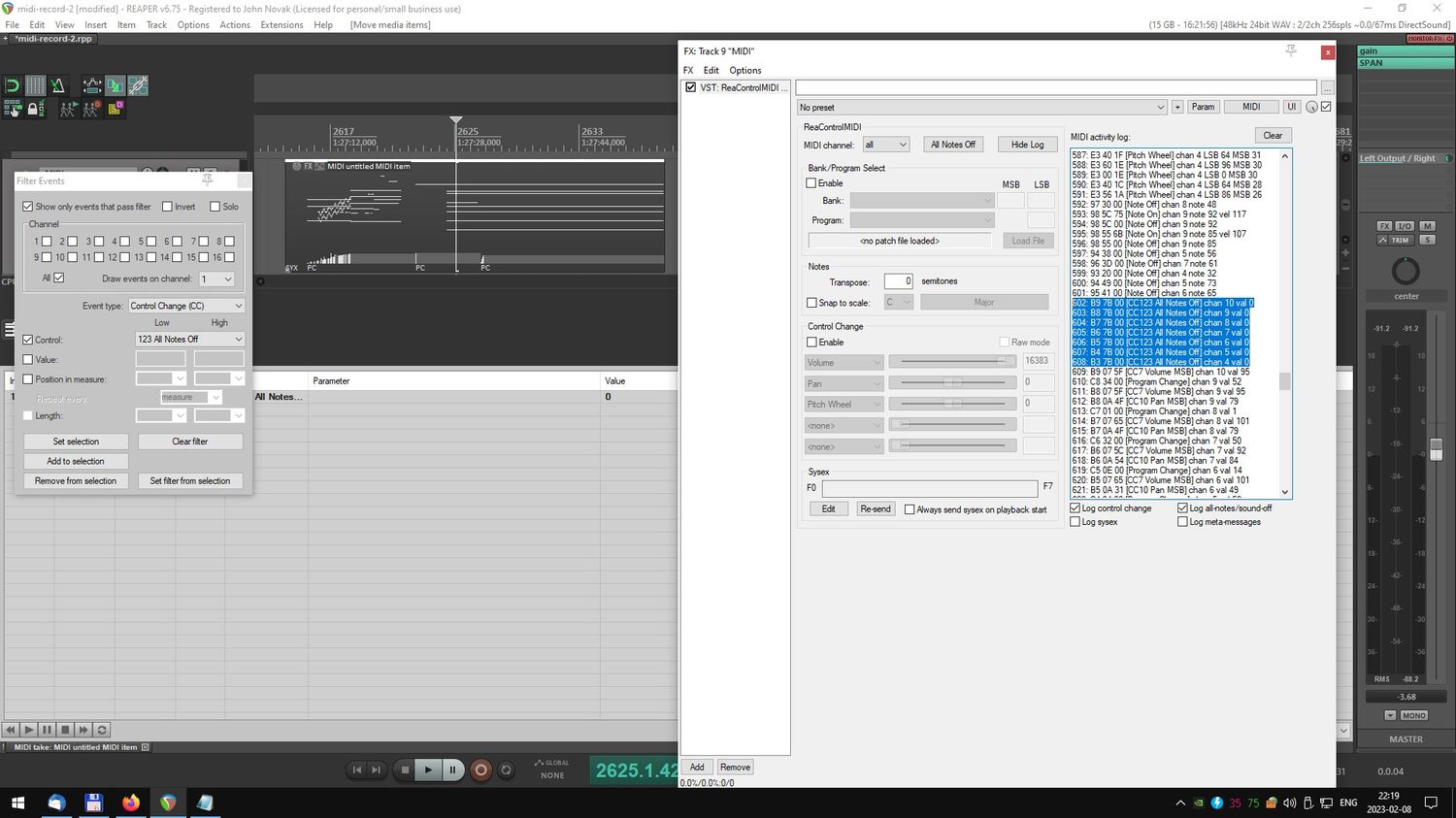Home>Production & Technology>Record Label>How To Set Up A Record Label


Record Label
How To Set Up A Record Label
Published: January 24, 2024
Learn how to set up your own record label and turn your passion for music into a successful business. Discover essential steps, tips, and strategies to establish and grow your record label.
(Many of the links in this article redirect to a specific reviewed product. Your purchase of these products through affiliate links helps to generate commission for AudioLover.com, at no extra cost. Learn more)
Table of Contents
- Introduction
- Choosing a Name for Your Record Label
- Registering Your Record Label
- Finding Artists and Music
- Signing and Contracting Artists
- Music Production and Distribution
- Marketing and Promotion Strategies
- Building a Network and Collaborating
- Managing Finances and Budgeting
- Legal Considerations for a Record Label
- Conclusion
Introduction
Record labels play a crucial role in the music industry, serving as the backbone for artists and their success. A record label is responsible for discovering and nurturing talent, producing and distributing music, and implementing effective marketing strategies to promote artists and their music to a wider audience.
Setting up a record label can be an exciting and rewarding endeavor for music enthusiasts or industry professionals looking to make a significant impact in the music world. However, it requires careful planning, organization, and knowledge of the industry to ensure success.
In this article, we will guide you through the process of setting up a record label. We will explore the steps involved in choosing a name for your label, registering it, finding talented artists, signing contracts, producing and distributing music, marketing and promotion strategies, building a network, managing finances, and understanding the legal aspects that come with running a record label.
Whether you’re a music lover with a passion for discovering new talent or an entrepreneur interested in making a mark in the music industry, this article will provide you with valuable insights into how to set up a successful record label.
So let’s dive in and explore the exciting journey of establishing a record label!
Choosing a Name for Your Record Label
Choosing the right name for your record label is a crucial step in building your brand identity and creating a lasting impression in the music industry. The name should reflect your label’s values, mission, and the type of music you aim to promote.
Here are some tips to help you choose a memorable and fitting name for your record label:
- Be unique: Aim for a name that is distinctive and differentiates your label from others in the industry. Avoid generic names that may get lost in a sea of similar labels.
- Reflect your values: Consider incorporating words or concepts that align with your label’s core values and the type of music you want to represent. This will help attract artists who resonate with your vision.
- Consider your target audience: Think about the demographic you are targeting. Your label’s name should resonate with your desired audience and convey the genre or style of music you specialize in.
- Do your research: Before finalizing a name, conduct a thorough search to ensure it’s not already in use by another record label. Check for trademarks and domain name availability to avoid potential legal issues down the line.
- Think about future growth: Choose a name that can grow with your label as you expand and diversify your roster of artists. Avoid limiting names that may restrict your label’s potential in the long run.
Once you have brainstormed potential names, make a shortlist and seek opinions from trusted friends, colleagues, or industry professionals. They can provide valuable feedback and help you narrow down your options.
Remember, your record label’s name will be your identity in the industry, so take your time to choose a name that reflects your brand, resonates with your target audience, and sets you apart from the competition. With the right name, you’ll be on your way to building a strong and recognizable record label presence in the music world.
Registering Your Record Label
Once you have chosen a name for your record label, the next step is to register it officially to establish its legal status. Registering your record label provides you with several benefits, including protection of your brand name and the ability to enter into legal contracts and agreements on behalf of your label.
Here are the key steps to register your record label:
- Check name availability: Before registering, conduct a search to ensure that the name you have chosen is not already in use by another record label. Check with your local business registry, trademark databases, and online search engines to ensure the name is available.
- Choose a business structure: Determine the legal structure of your record label, such as a sole proprietorship, partnership, limited liability company (LLC), or corporation. Research the advantages and disadvantages of each structure and choose the one that best suits your needs.
- Register your business: Visit your local government’s business registration office or website to complete the necessary paperwork to register your record label. Provide all required information, including your chosen name, business structure, and contact details. Pay any applicable registration fees.
- Obtain necessary licenses and permits: Depending on your location and the specific activities of your record label, you may need to obtain certain licenses and permits, such as a music publishing license or a performance rights organization (PRO) membership. Research the requirements in your jurisdiction and ensure you comply with all regulations.
- Protect your trademark: Consider trademarking your record label’s name and logo to secure exclusive rights to their use. Consult with a trademark attorney to guide you through the process and file the necessary applications with the appropriate trademark office.
Registering your record label provides legal credibility and protection for your brand. It also allows you to operate and conduct business with artists, distributors, and other industry stakeholders confidently. Remember to renew your registrations and licenses as required to maintain your record label’s legal status.
By taking the necessary steps to register your record label, you ensure that you can operate your business smoothly and protect your brand as it grows in the competitive music industry.
Finding Artists and Music
Finding talented artists and music is the lifeblood of a record label. It is essential to constantly search for new and unique voices that align with your label’s vision and musical genre. Here are some strategies to help you discover and attract talented artists:
- Attend live performances: Visit local venues, open mic nights, and music festivals to scout for up-and-coming artists. Networking with other industry professionals and attending artist showcases can help you find hidden gems.
- Utilize online platforms: Take advantage of online platforms such as SoundCloud, Bandcamp, and YouTube to discover independent artists who may not have mainstream recognition yet. Engage with the online music community, follow music blogs, and participate in discussions to stay connected.
- Collaborate with music managers and agents: Establish relationships with music managers and agents who represent emerging artists. They can provide valuable insights and connect you with talented musicians who may be looking for a record label to support their careers.
- Host talent competitions or auditions: Organize events or contests that allow artists to showcase their talents and compete for a chance to be signed to your label. This can attract a wide range of aspiring musicians and help you identify individuals with potential.
- Network with industry professionals: Attend music conferences, seminars, and industry events to meet producers, songwriters, and other professionals who may have connections to talented artists. Building relationships with industry insiders can open doors to new opportunities.
- Accept demo submissions: Create a submission process on your label’s website or through designated email addresses to allow artists to send their demos directly to you. Listen carefully to submissions and provide constructive feedback to artists, even if they may not be the right fit for your label at the moment.
When evaluating potential artists and music, consider factors such as their talent, unique style, marketability, and their willingness to collaborate and grow with your label. It is important to maintain a balance between nurturing emerging artists and working with established musicians to diversify your roster and cater to various listener preferences.
Remember, finding artists and music requires patience, an open mind, and dedication. Building a roster of talented artists is a continuous process that requires active involvement in the music community. By using a combination of offline and online strategies, you can discover exceptional artists who will contribute to the success and reputation of your record label.
Signing and Contracting Artists
Signing talented artists to your record label is a crucial step in building your roster and establishing your label’s reputation in the industry. However, it’s important to approach the signing and contracting process with care and consideration to ensure mutually beneficial agreements. Here are some key steps to help you navigate this process:
- Build relationships: Before approaching artists with a contract offer, it’s essential to establish a rapport and build relationships. Attend their performances, engage with them on social media, and show genuine interest in their music. Building trust and understanding with artists will make the signing process smoother.
- Define your label’s offering: Clearly articulate what your record label can offer artists beyond financial support. This may include marketing and promotion efforts, tour support, artist development, access to a network of industry professionals, and potential collaborations. Show artists the value they will gain by signing with your label.
- Negotiate contract terms: Work with a music attorney experienced in record label contracts to negotiate favorable terms for both your label and the artist. Key components of a contract include exclusive recording commitments, royalty percentages, distribution rights, ownership of masters, and contract duration. Consider including provisions for advances, recoupment, and artist royalties.
- Establish a marketing and release strategy: Collaborate with the artist to develop a cohesive marketing and release plan for their music. Outline specific goals, target audiences, promotional activities, and timelines. Ensure both parties are aligned on the vision and expectations for promoting and marketing the artist’s music.
- Offer artist development and support: Show a commitment to developing the artist’s career by providing resources, mentorship, and guidance. Help them refine their sound, improve their performances, and navigate the music industry landscape. A strong support system will foster loyalty and a sense of partnership.
- Include provisions for termination: While it’s essential to build long-term relationships with artists, it’s crucial to have provisions in contracts for termination or renegotiation. This protects both parties in case circumstances change or the artist’s career trajectory shifts. Plan for contingencies and ensure a fair exit strategy, if required.
When signing and contracting artists, transparency, trust, and open communication are vital. Clearly explain the terms of the contract and address any questions or concerns the artist may have. Ensure that all parties involved fully understand the agreement before signing.
Remember, signing artists is not just about the legalities; it’s about nurturing their talent and helping them achieve their musical goals. By approaching the signing and contracting process with integrity and a focus on long-term partnerships, you can create a mutually beneficial relationship between your record label and the artists you sign.
Music Production and Distribution
Once you’ve signed talented artists to your record label, the next crucial steps involve music production and distribution. These processes are essential for bringing the artist’s music to life and making it available to a wide audience. Here’s what you need to know about music production and distribution:
- Pre-production: Collaborate with the artist to plan and prepare for the recording process. This may include selecting songs, arranging compositions, and conducting pre-production rehearsals to ensure the songs are polished and ready for recording.
- Recording: Choose a suitable recording studio or set up your own in-house studio. Work with experienced audio engineers and producers to capture high-quality recordings that showcase the artist’s talent and unique sound. Provide a supportive and creative environment to maximize the artist’s performance.
- Post-production: After recording, proceed to the post-production phase, which involves editing, mixing, and mastering the tracks. Work with experienced professionals to enhance the overall sound quality, balance levels, and add any necessary effects to achieve a cohesive and professional final product.
- Distribution platforms: Select the distribution platforms that best suit your label’s needs and the artist’s target audience. Consider options such as digital streaming services, online music stores, physical media (CDs, vinyl), and social media platforms. Ensure your music is available on popular platforms to maximize its reach.
- Digital distribution: Utilize digital distribution services to make the artist’s music available across multiple streaming platforms and digital music stores. These services handle the licensing, distribution, and royalty collection on behalf of your label, making it easier to reach a global audience and generate revenue.
- Physical distribution: If you plan to release physical copies of the music, collaborate with manufacturers to produce CDs, vinyl records, or other formats. Coordinate with distribution partners or establish your own distribution network to get physical copies into retail stores, online marketplaces, and independent record shops.
- Promotion and marketing: Develop a comprehensive marketing strategy to promote the artist’s music. Utilize social media, press releases, music videos, live performances, and collaborations to generate buzz and attract listeners. Engage with music influencers, bloggers, and radio stations to help spread the word about the artist and their music.
Effective music production and distribution play a crucial role in the success of your record label and the artist’s career. As a label, ensure you allocate the necessary resources and expertise to create high-quality recordings and effectively distribute the music to reach the widest audience possible.
Remember, the production and distribution processes require collaboration, attention to detail, and effective planning. By prioritizing the artist’s vision and utilizing proven distribution strategies, you can ensure that their music reaches the ears of fans and leaves a lasting impact in the music industry.
Marketing and Promotion Strategies
Marketing and promotion are essential for creating awareness and generating excitement around the music and artists signed to your record label. Effective marketing strategies can help attract new fans, increase music sales, and build a strong brand presence. Here are some key marketing and promotion strategies to consider:
- Develop a branding strategy: Define your record label’s unique brand identity. Identify the core values and image you want to convey. This will guide your marketing efforts and help create a consistent and recognizable brand presence.
- Online presence: Build a professional and engaging website for your record label. Utilize social media platforms to connect with fans, share updates, and engage with the music community. Regularly update your online platforms with fresh content, including artist profiles, music releases, interviews, and behind-the-scenes footage.
- Music videos: Invest in producing high-quality music videos to accompany your artist’s songs. Music videos have a significant impact on generating visibility and attracting new listeners. Promote the videos on YouTube, social media platforms, and music video websites to reach a wider audience.
- Live performances: Organize live performances, both locally and on tour, to showcase your artist’s talent. Connect with event organizers, book venues, and create opportunities for your artists to perform in front of new audiences. Engage with local media and music bloggers to generate coverage and buzz about the performances.
- Collaborations: Explore partnerships and collaborations with other artists, influencers, and brands. Joint projects and collaborations help expand your reach and expose your artist’s music to new audiences. Cross-promotion can be done through joint releases, guest features, or sponsorships.
- Publicity campaigns: Work with publicists and PR agencies to develop strategic publicity campaigns. Secure interviews, features, and reviews in music magazines, blogs, podcasts, and radio stations. Leverage the power of media to generate positive buzz and increase the visibility of your artists.
- Fan engagement: Build and nurture relationships with your artist’s fans. Encourage interaction through social media, organize fan contests, and offer exclusive content or merchandise. Create a sense of community around your artists to foster loyalty and word-of-mouth promotion.
Remember to continuously evaluate and adapt your marketing strategies based on the changing music landscape and evolving consumer behaviors. Monitor analytics, stay updated on industry trends, and be open to exploring innovative marketing ideas to connect with your target audience.
Effective marketing and promotion strategies can take your record label and artists to new heights of success. By combining a strong brand presence, strategic online and offline promotion, and genuine fan engagement, you can create a buzz around your artists and ensure their music reaches the widest audience possible.
Building a Network and Collaborating
Building a strong network and fostering collaborations within the music industry are crucial for the success and growth of your record label. By establishing meaningful connections with industry professionals, artists, and other key stakeholders, you can expand your reach, gain valuable insights, and unlock new opportunities. Here are some strategies to help you build a network and foster collaborations:
- Attend music industry events: Participate in conferences, seminars, and music festivals to network with industry professionals, artists, and influential figures. Take the opportunity to engage in conversations, exchange ideas, and establish connections that can lead to future collaborations.
- Join music associations and organizations: Become a member of music associations and organizations relevant to your genre or region. These groups provide networking events, educational resources, and access to a community of like-minded individuals who can support your label’s growth.
- Collaborate with other labels: Seek out opportunities to collaborate with other record labels. Joint releases, compilation albums, or sharing resources and expertise can allow for mutual growth and expanded reach. Collaborations can help introduce your artists to new audiences and enhance your label’s credibility.
- Connect with music industry professionals: Network with music producers, songwriters, music supervisors, and managers. Collaborate with them to bring in fresh talent, gain access to opportunities, and enhance the production quality of your artists’ music. Building relationships with industry professionals can lead to valuable partnerships and increased visibility.
- Engage with influential bloggers and music journalists: Connect with influential bloggers, music journalists, and podcasters who focus on your genre. Share press releases, offer exclusive content, and seek opportunities for reviews and features. Positive coverage by influential voices can significantly boost your artist’s visibility and attract new fans.
- Partner with brands and sponsors: Explore partnership opportunities with brands and sponsors that align with your label’s values and target audience. Collaborate on co-branded events, digital campaigns, or sponsorships that provide exposure and resources for your artists.
- Create a referral program: Encourage your existing network to refer potential talent to your label. Offer incentives or rewards to contacts who connect you with promising artists or industry professionals. This can help expand your talent pool and network of collaborators.
Remember, building a network takes time, effort, and genuine engagement. Focus on building meaningful relationships and supporting others in the music community. Actively contribute to conversations, attend industry functions, and provide value to your network whenever possible. Building a strong network and fostering collaborations will not only benefit your record label but also contribute to the growth and vibrancy of the music industry as a whole.
Managing Finances and Budgeting
Effective financial management is essential for the long-term success and sustainability of your record label. As a record label owner, it’s crucial to have a solid grasp of your finances and implement proper budgeting practices. Here are key strategies to help you manage your finances and ensure the financial health of your label:
- Create a budget: Develop a comprehensive budget that includes all your label’s expenses and revenue sources. This will help you track your income and expenses and ensure you allocate funds appropriately for various activities such as recording, promotional campaigns, marketing, and artist development.
- Track your earnings and expenses: Implement a system to monitor your label’s financial activities regularly. Keep records of all income streams, including music sales, streaming royalties, merchandise sales, and licensing deals. Monitor and control your expenses to ensure they align with your budget and revenue projections.
- Manage income and royalty distributions: Set up a system to accurately track and distribute royalties to your artists based on your contracts. Employ specialized software or enlist the services of a royalty accountant to ensure accurate calculations and timely payments.
- Explore cost-saving measures: Look for opportunities to reduce costs without compromising the quality of your label’s operations. Negotiate better deals with suppliers and service providers, explore cost-effective marketing strategies, and consider shared resources or collaborations to lower expenses.
- Diversify revenue streams: Relying solely on music sales might not be sufficient to sustain your label. Explore alternative revenue streams such as sync licensing, merchandise sales, publishing royalties, and live performance income. Diversifying your revenue sources can provide a stable financial foundation and reduce dependence on one income stream.
- Invest in financial planning and advice: Consider working with a financial advisor who understands the music industry. They can help you create long-term financial goals, manage investments, and provide advice on budgeting, tax planning, and financial growth strategies.
- Review and adapt your budget: Regularly review and assess your budget to ensure it aligns with your label’s goals and changing industry trends. Make adjustments and reallocations as needed to optimize your financial resources and adapt to market conditions.
By implementing effective financial management practices and maintaining a clear understanding of your label’s financial standing, you can make informed decisions, strategically allocate resources, and ensure the growth and stability of your record label.
Remember, financial management is an ongoing process. Regularly review your financial statements, monitor key performance indicators, and seek professional advice when needed. By keeping a close eye on your label’s finances, you can navigate challenges and make the most of your financial opportunities.
Legal Considerations for a Record Label
Operating a record label involves navigating various legal considerations to protect your business, artists, and intellectual property. Understanding and complying with legal requirements is crucial for maintaining a smooth and legally sound operation. Here are key legal considerations for your record label:
- Contractual agreements: Develop clear and comprehensive contracts with artists, music producers, songwriters, and other collaborators. These agreements should outline the terms of the working relationship, including rights, royalties, exclusivity, and ownership of masters. Consult with a music attorney to ensure your contracts are legally binding and protect the interests of all parties involved.
- Intellectual property protection: Register trademarks for your record label’s name and logo to prevent others from infringing upon them. Help artists navigate copyright registration procedures to protect their music compositions and sound recordings. Educate yourself on copyright laws, licensing, and royalty obligations to ensure compliance.
- Licensing and royalties: Secure proper licenses for the use of copyrighted music and pay appropriate royalties to composers, songwriters, and publishers. Ensure proper accounting and reporting of music usage and royalty distribution to comply with legal requirements and avoid copyright infringement claims.
- Data protection and privacy: Comply with data protection regulations when collecting, storing, and using personal information of artists, employees, and customers. Implement measures to safeguard sensitive data and ensure compliance with privacy laws, such as obtaining consent for data processing and providing opt-out options for marketing communications.
- Employment law: Understand and adhere to employment laws and regulations when hiring and managing employees or engaging independent contractors. Comply with wage and hour laws, provide a safe working environment, and have a solid understanding of labor rights and responsibilities.
- Distribution and licensing agreements: Negotiate and enter into contracts with distributors, streaming platforms, and music licensing companies to ensure proper distribution and monetization of your artists’ music. Ensure you have a clear understanding of the terms, exclusivity, revenue splits, and termination provisions in these agreements.
- Dispute resolution: Establish a mechanism for resolving disputes that may arise with artists, collaborators, or other industry professionals. Include dispute resolution clauses in your contracts to specify the process for resolving conflicts, whether through negotiation, mediation, or arbitration.
Consulting with a music attorney who specializes in entertainment law is highly recommended to ensure full compliance with legal requirements and to protect the rights and interests of your record label and artists. They can provide guidance on contract negotiations, copyright issues, licensing, and other legal matters specific to the music industry.
By proactively addressing legal considerations and staying up to date with evolving laws and regulations, you can ensure that your record label operates within the boundaries of the law, protects intellectual property, and maintains strong relationships with artists and industry partners.
Conclusion
Setting up a record label requires a combination of passion, industry knowledge, and strategic planning. It’s a journey that involves discovering and nurturing talent, producing and distributing music, implementing effective marketing strategies, building a network, and managing finances and legal obligations. By following the steps outlined in this article, you can lay a strong foundation for the success of your record label.
Remember, choosing a name that reflects your brand and resonates with your target audience is crucial. Registering your label establishes its legal status and protects your intellectual property. Finding talented artists and collaborating with industry professionals helps expand your roster and reach new audiences. Effective music production and distribution ensure that your artist’s music is heard by fans worldwide. Marketing and promotion strategies create awareness and generate excitement around your artists and their music.
Managing finances and budgeting wisely ensures the financial health and sustainability of your label. Understanding and complying with legal considerations safeguard your business, artists, and intellectual property. By building a strong network and fostering collaborations, you can open doors to new opportunities and growth.
Setting up and running a record label is a rewarding and fulfilling endeavor. It requires continuous learning, adaptability, and a genuine passion for music. Embrace the challenges, celebrate the successes, and always prioritize the artist’s vision and growth. With dedication and strategic planning, your record label can make a significant impact in the music industry and help talented artists thrive.


